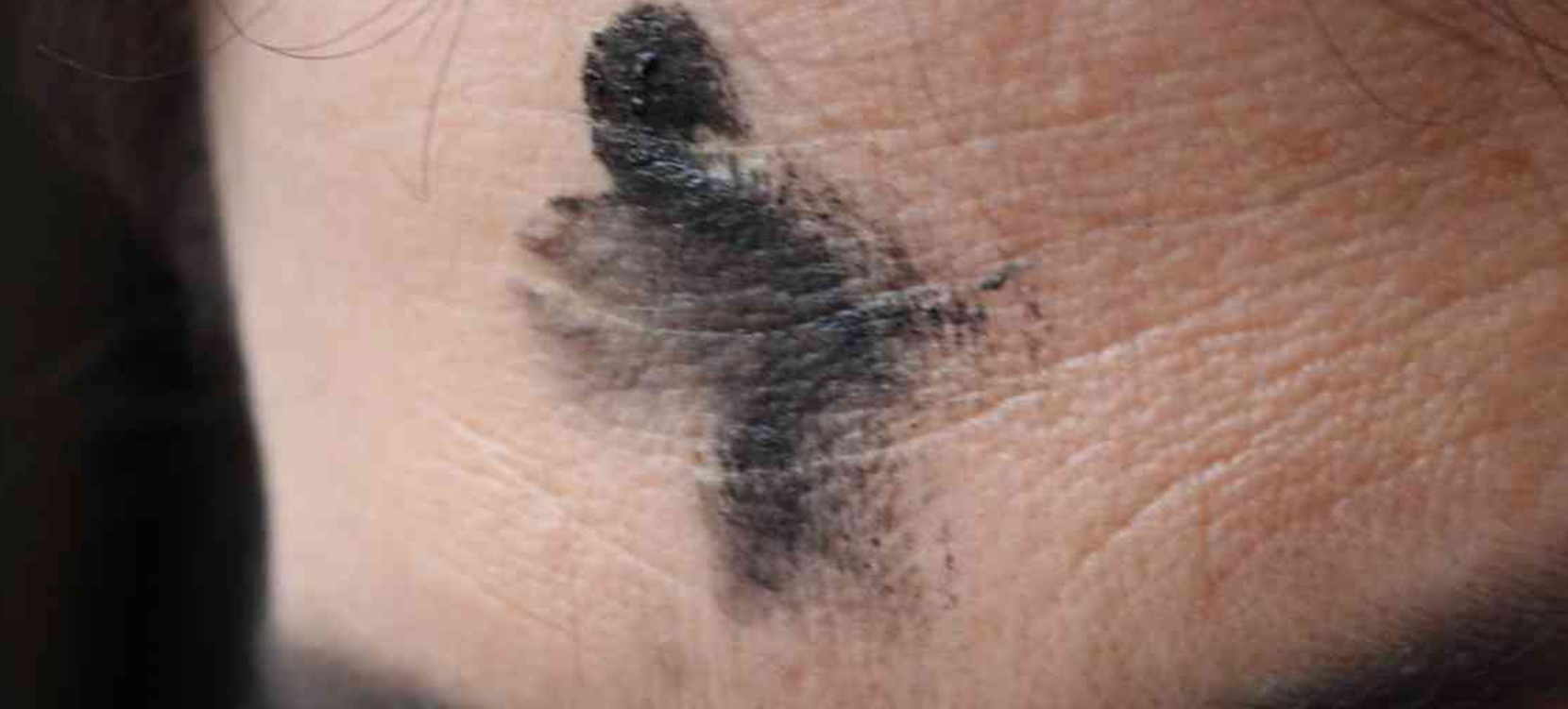 On Wednesday we will gather at the Table and in worship to mark the beginning of the Lenten season. Ash Wednesday we call it. I like this service and its somber and simple mood. I hope you will join us.
On Wednesday we will gather at the Table and in worship to mark the beginning of the Lenten season. Ash Wednesday we call it. I like this service and its somber and simple mood. I hope you will join us.
Among its lesser attributes, our Ash Wednesday service is an exercise in what the Evangelical Presbyterian Church calls liberty in the non-essentials.
Sixty years ago, no self-respecting church calling itself Presbyterian or evangelical would have thought of holding an Ash Wednesday service. That was the stuff of papists and their too-close-for-comfort Episcopalian friends. What was the Reformation about, anyway? Vatican II changed all that as we learned to be less suspicious of others in the holy catholic church. While eschewing any sense of penitence as righteousness-inducing work, many mainline Protestants and some Evangelicals, found Ash Wednesday observances and Lenten discipline to be spiritually helpful practices.
LPC had begun Ash Wednesday worship long before I arrived. But twelve years ago, my first Ash Wednesday at LPC, was the first time I received what we call the imposition of ashes. An elder dipped his finger into a bowl of ashes – yes from the burned remains of a previous year’s Palm Sunday palms. “You are dust, and to dust you shall return,” he said as he marked a cross of ashes on my forehead.
I remember being a little bit uncomfortable with the practice, but, you know, the new pastor needs to adapt. To this day some of the LPC people I respect most highly forego the imposition of ashes but come to worship in this simple and somber gathering of God’s people.
According to a decade-old Christianity Today article (which may be behind a paywall), the rite of an imposition of ashes dates as far back as the Seventh Century, and by the Tenth or Eleventh Century Ash Wednesday observances were widely practiced in the western church. On Ash Wednesday we join a long line of saints who have been reminded that we are dust and to dust we shall return.
While there is no direct biblical warrant for the imposition of ashes, the CT article point to the “biblical precedent and imagery of verses such as Numbers 19:9,17; Hebrews 9:13; Jeremiah 6: 26; Daniel 9:3; Jonah 3:6; Matthew 11:21, and Luke 10:13.”
A dozen years later, I have become less uncomfortable with receiving the sign of the cross marked in ashes on my forehead. And as uncomfortable as it may be, I cannot be reminded too often that I am dust and to dust I shall return. I am in desperate need of the savior who went to the cross for my sake, who broke bread and shared a cup saying, “Do this in remembrance of me.”
It is absolutely non-essential that you receive the imposition of ashes when you worship with us on Wednesday. Not just our denomination, but the gospel grants full liberty in such things.
Among the essential beliefs we hold in unity:
- Jesus Christ, the living Word, became flesh through His miraculous conception by the Holy Spirit and His virgin birth. He who is true God became true man united in one Person forever. He died on the cross a sacrifice for our sins according to the Scriptures. On the third day He arose bodily from the dead, ascended into heaven, where, at the right hand of the Majesty on High, He now is our High Priest and Mediator.
- Being estranged from God and condemned by our sinfulness, our salvation is wholly dependent upon the work of God’s free grace. God credits His righteousness to those who put their faith in Christ alone for their salvation, thereby justifies them in His sight.
See you Sunday. And Wednesday.
